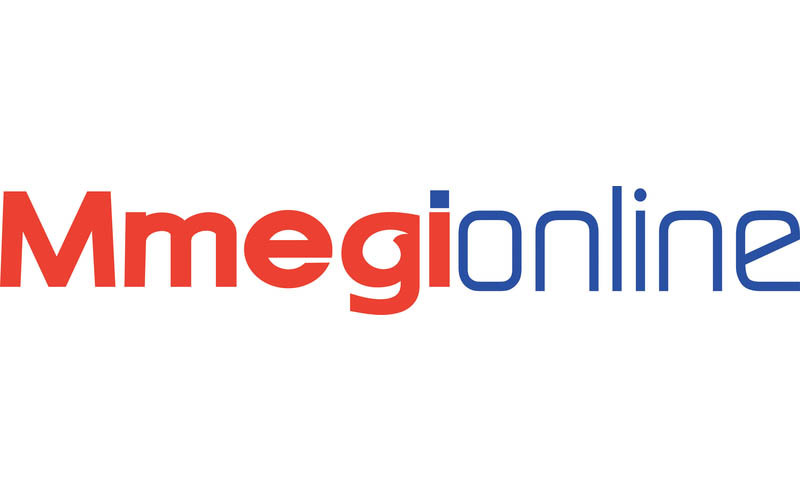World’s biggest miner wants slice of Kalahari Copperbelt
Friday, March 14, 2025 | 1370 Views |

Rich soils:
Boseto Mine closed several years ago, weighed down by high operating costs which included diesel powered electricity. Now new developers on the Kalahari Copperbelt have access to the grid network, enhanced technology and escalating commodity prices








